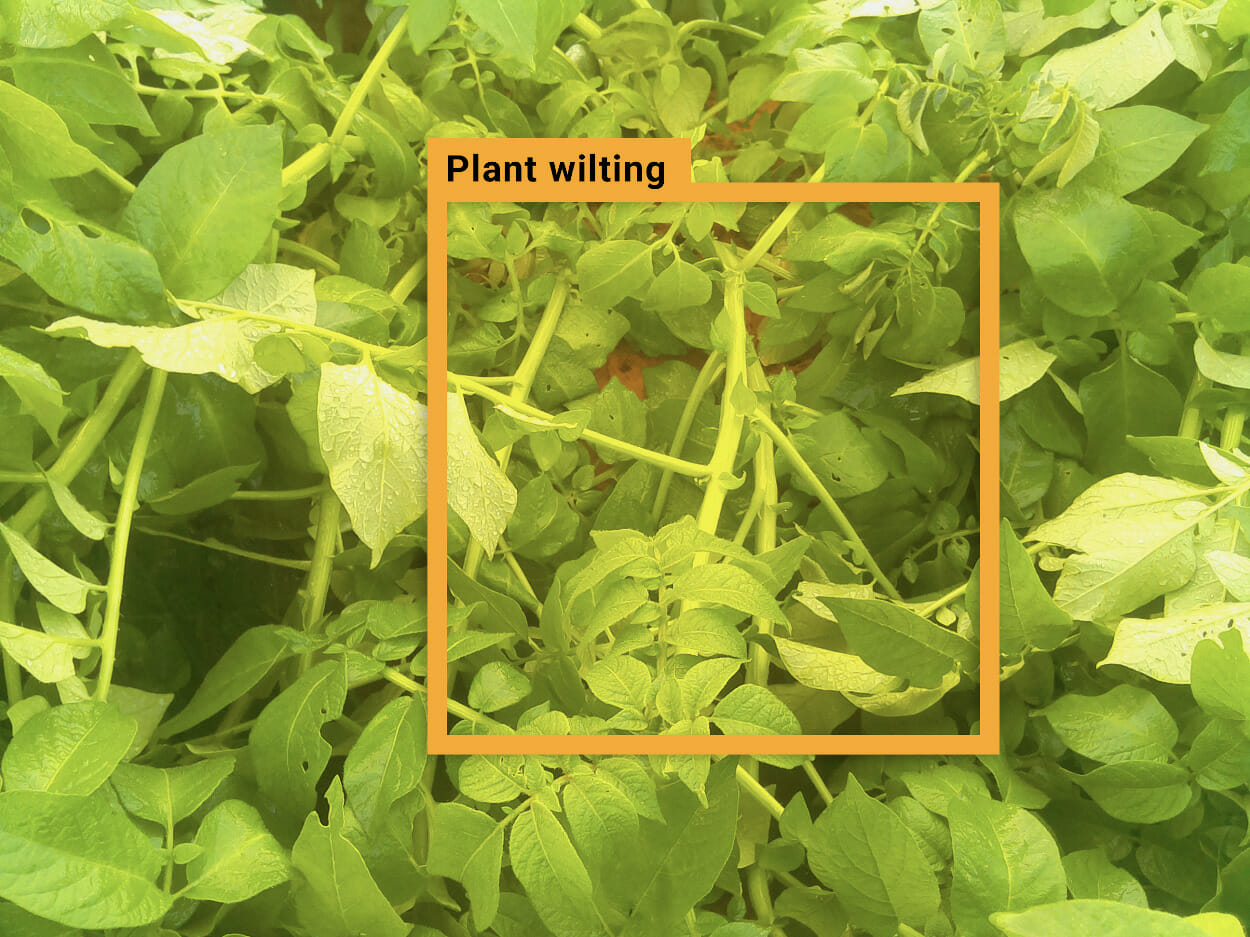When it comes to startup innovation, most entrepreneurs are hunting for big pain points with an addressable market that could post big returns for potential investors. But for Israeli data analytics startup Prospera co-founder and CEO Daniel Koppel, starting with a niche market had its advantages.
“Agriculture is a really big world segmented into smaller pieces. You can’t compare a corn grower in the Midwest to a grape grower in California to a tomato grower in Mexico,” Koppel told AFN. “If we want to prove we can provide value and that data science can be something that moves the needle for the industry and is provable, we said let’s start where it’s a bit easier.”
This led the Prospera to the greenhouse, which caught many in the industry by surprise, he says. Although it is a niche market, the team wanted to prove its technology in an environment that offered a much shorter timeline compared to row crops. Some greenhouse crops can be harvested on a weekly basis, for example. The greenhouse environment is also far more controllable than an open field, which helps identify weak points in a product with greater ease.
“We view growing agriculture as a mathematical function with lots of variables. In the end, you want to increase yield and quality. It’s a different challenge because what you are measured on at the end of the season is an actual function itself of what is happening over a long period of time. It’s a difficult task. There’s great tech out there, but proving it is hard because of this chaotic function.”
Founded in 2014 and backed by Qualcomm, Cisco, and Bessemer Venture Partners, Prospera began by assisting growers with spraying using computer vision images to look at pest and disease. From there, it moved to irrigation and built a tool to assist with in-season decision making. After conquering these functions in the greenhouse environment, Prospera was ready to take its technology to the wide-open field.
Center pivot irrigation was the natural segue, according to Koppel, leading Prospera to meet with a number of irrigation companies to explore possible partnerships. The startup planned to add sensors to center pivot irrigation structures to obtain high-quality data and to use other data to help growers improve decisionmaking.
“We met with different pivot companies and we really connected with Valley Irrigation. They happen to be the market leader, which isn’t the reason we chose them, but the great advantage is that they have over 40% of the global pivot market,” Koppel explains. “They shared their vision for transforming pivots into autonomous growing machines and we really liked that idea.”
In lieu of creating a new device or completely disruptive concept in agriculture, Prospera is doing a proverbial technology piggyback on pivot irrigation devices, which are one of the most ubiquitous pieces of equipment in production agriculture. Valley currently has 250,000 center pivots in operation including 60,000 connected devices globally, providing 250,000 opportunities for Prospera to deploy its technology and to collect data. Valley also represents the industry’s largest network with over 500 dealers around the world.
“It’s really scalable. If you want to apply AI, it doesn’t have to start from scratch with humanoid robotics. That is futurist. Let’s make the existing infrastructure smart,” Koppel adds.
The first step of Valley and Prospera’s new, commercial-oriented partnership is to tackle smart irrigation and fertigation, which describes center pivot devices that are also capable of deploying fertilizer, with its flagship product Valley Insights. Earlier this year, the partners announced that they’d already hit their goal of reaching one million acres by 2020.
“Our initial release has been focused in the Northwest, where a late winter created a challenging season for growers,” Troy Long, senior director of product management for Valley Irrigation, said in a statement announcing the goal earlier this year. “They would have been hard-pressed for time to sift through stacks of aerial images provided by other services, searching for potential irrigation-related issues. Valley Insights analyzes the images and alerts growers to possible crop threats before they become big problems. It has saved our users a lot of valuable time they can now dedicate elsewhere.”
Koppel hopes to eventually tie into existing technologies from other ag retail providers like John Deere. Ultimately, the duo wants to create an autonomous crop management machine by leveraging different data points like aerial imagery, satellite imagery, and pivot sensors.
In the meantime, Prospera is still servicing the greenhouse sector with over $5 billion of greenhouse production using its technology.





